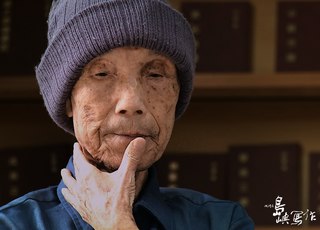 W
WChen Xiuxi was a Taiwanese poet. She published her first book of poetry in Japanese in 1970.
 W
WChou Meng-tieh was a Taiwanese poet and writer. He lived in Tamsui District, New Taipei City.
 W
WDeng Feng-Zhou is a Chinese poet, local history writer, Taoist Neidan academics and environmentalist.
 W
WMo Yun-tuan, known by the pen name Luo Fu, was a Taiwanese writer and poet.
 W
WQiu Fengjia or Chiu Feng-Chia was a Taiwanese Hakka−Chinese patriot, educator, and poet.
 W
WJohn Ching Hsiung Wu was a Chinese jurist and author. He wrote works in Chinese, English, French, and German on Christian spirituality, Chinese literature and on legal topics.
 W
WXi Murong is a writer and painter. She is most famous for her poetry, especially the collections Qi li xiang and Wuyuan de qingchun.
 W
WYang Mu was the pen name of a Taiwanese poet, essayist and critic in Chinese language. He was born as Wang Ching-hsien (王靖獻) on 6 September 1940 in Hualien County, Taiwan. As one of the representative figures in the field of contemporary Taiwanese literature, his work is known for its combining of the graceful style and writing techniques of Chinese classical poetry with elements of Western culture. Apart from romantic feelings, his works also reflect strong awareness of humanistic concern, which has thus brought him widespread attention and high respect. He was named the laureate of the 2013 Newman Prize for Chinese Literature, making him the first poet and the first Taiwanese writer to have won the award.
 W
WYu Kwang-chung, also Romanised as Yu Guangzhong was a Taiwanese writer, poet, educator and critic.
 W
WYuan Chiung-chiung is a Taiwanese writer whose family originated in Meishan, Sichuan, China. Yuan wrote poetry, fiction, essays, screenplays and television scripts during the Boudoir literature period for women. Boudoir literature is a form of writing that focuses on issues of women.